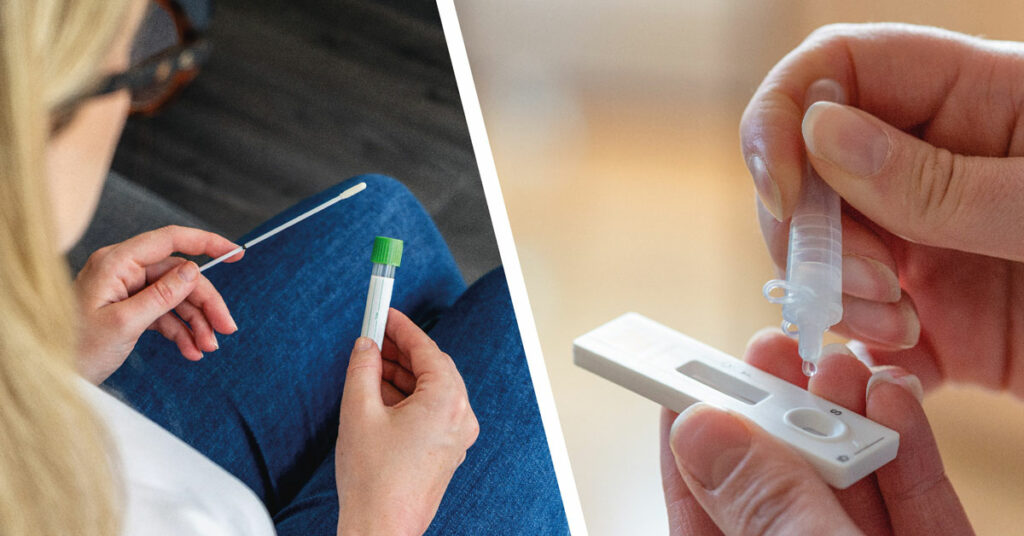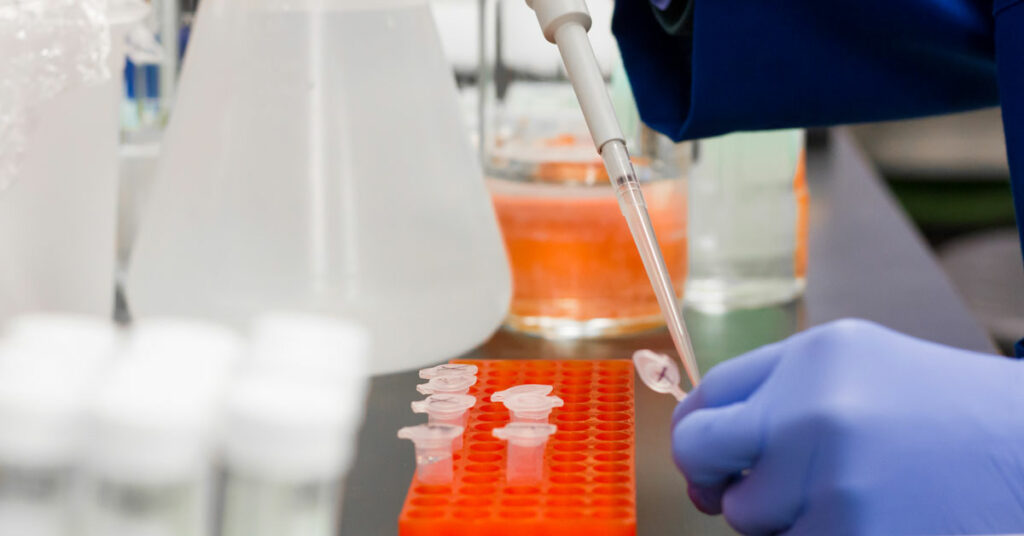Did you know prostate cancer is the most common cancer in men over 50 in the UK?
But what is the prostate, where is it, and how can you check your prostate health at home?
What is the prostate?
The NHS defines the prostate as a “small gland, located in the pelvis, located between the penis and bladder. It contains glandular and muscle tissue divided into two lobes with an outer layer called the capsule.
What does the prostate do?
The prostate gland is responsible for producing a fluid that will be mixed with sperm in the testicles to make semen. During sexual intercourse, the muscle tissue helps force prostate fluid and sperm into the urethra (the tube that allows urine to pass out of the body).
The prostate also produces a prostate-specific antigen (PSA) protein that helps make the sperm more watery.
What do PSA levels mean?
Your PSA level can be an indicator of the health of your prostate. If your PSA level is found to be higher than average, then this may indicate a problem such as:
- enlarged prostate, which can affect how you wee
- prostatitis, which can cause pain in the groin and make it painful for you to wee
- development of prostate cancer
What is a PSA test?
The PSA antigen test offered by Test2Go is the most valuable tool available for you to use in your home to check your PSA levels and contact your doctor if the levels are high, allowing for an early diagnosis of prostate cancer potentially. However, it is essential to remember that many men with a raised PSA (over 4.0 ng/ml) may not have prostate cancer.
Why is the PSA test important?
The prostate health test can detect Prostate Specific Antigen (PSA) levels in the blood above normal levels and provide you with a visible result of this in minutes.
Therefore, this test can provide you with an indication of a pre-clinical condition before you have developed any symptoms.
How does the prostate health test work?
This test uses a finger-prick blood sample to collect antibodies that specifically detect PSA to produce a coloured line under the T mark on the test. A control line that detects excess antibodies will appear as a coloured line under the C mark on the cassette.
The test detects when the PSA level in the blood is above 4ng/ml and is calibrated against the World Health Organisation (WHO) reference to indicate whether problems with the prostate are likely.
When should the prostate test be performed?
The prostate test can be used at any time of day.
However, in the following cases, it is recommended to wait the indicated time before using the test to avoid a false-positive result.
Waiting times:
- Cycling / ergometry – 24 hours
- Cystoscopy – 1 week
- Ejaculation – 24 hours
- Prostate massage – 2 to 3 days
- Prostate transurethral resection/biopsy – 4 to 6 weeks
- Transrectal ultrasounds – 2 to 3 days
How accurate is the test?
The prostate health test has been used for more than ten years by medical professionals and correlates at least 87% with laboratory reference methods – so it is very accurate.
Although this test is reliable, all medical tests may give a small number of false-positive and negative results.
What should I do if the test result is positive?
If the test result is positive, it means that it has been detected that the PSA levels in your blood are higher than normal. You should therefore consult your doctor and mention your test results.
How often should I take a prostate health test?
If you are a man over the age of 50 pr have a family history of prostate problems, then ideally, you should take the prostate health test (PSA) once a year. This will give you the best opportunity to take action and see your doctor for advice if your PSA level is found to be elevated.
Our test is for advisory purposes only. It is not a medical diagnosis.
NB. It is important to note that our tests are not a substitute for seeing a doctor, particularly if you have symptoms. It would help if you did not make a diagnosis or start any treatment without a consultation with a doctor or a suitably trained health professional.
Further reading
If you would like to find out more about prostate health, then we recommend the following resources:
- Cancer Research UK – Research into the diagnosis and causes of prostate cancer
- NHS – Overview of Prostate Cancer
- Macmillan Cancer Support – Prostate cancer
- Prostate Cancer UK – Prostate information











